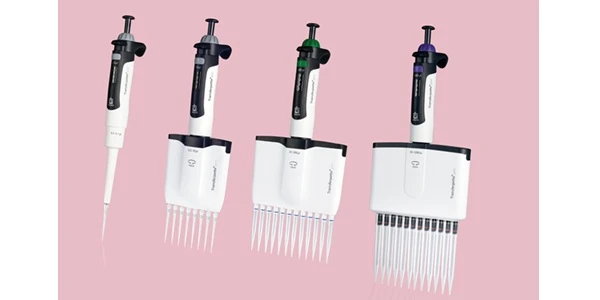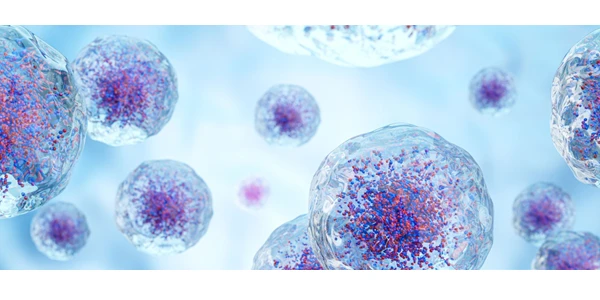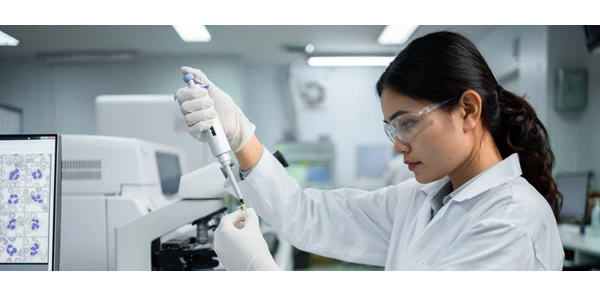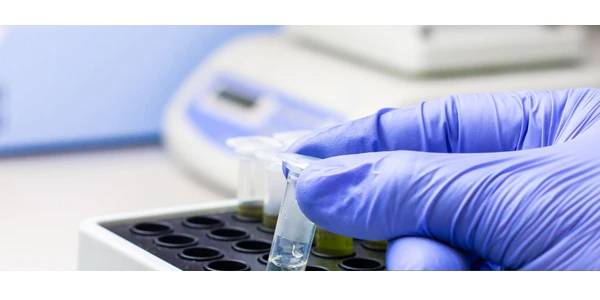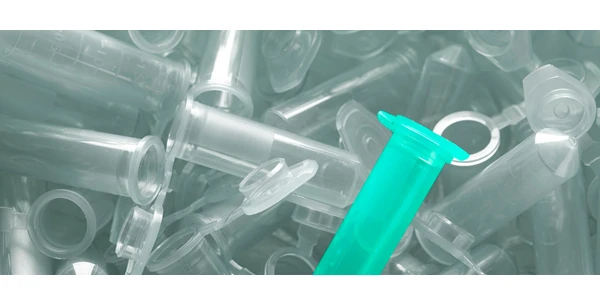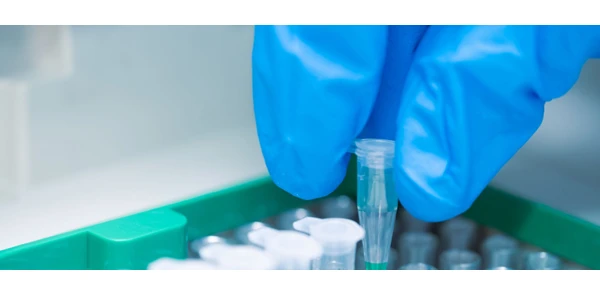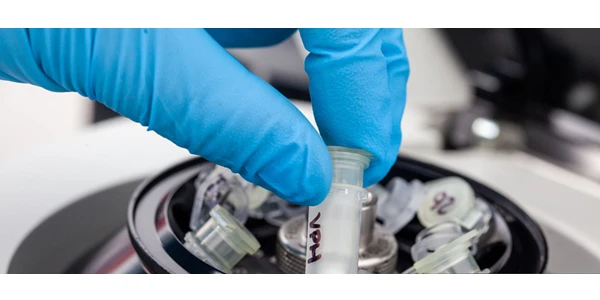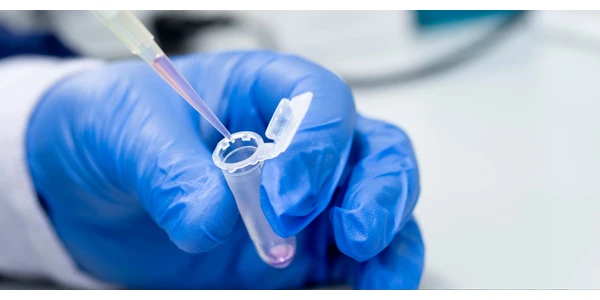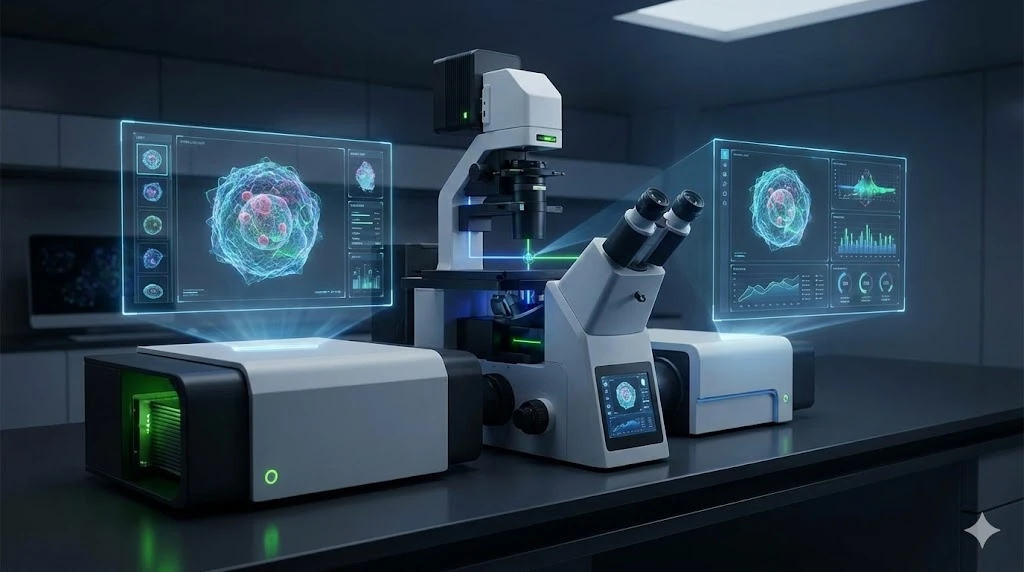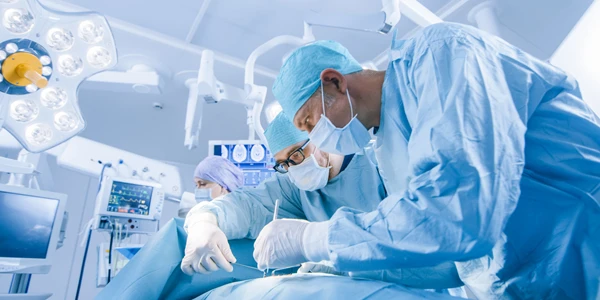The Best Centrifuges of 2026: Top Picks for Research, Clinical & Industry Labs
The selection of laboratory centrifuges has evolved significantly, with 2026 marking a shift toward smarter, more energy-efficient, and digitally integrated systems. For laboratory professionals, reliability and precision remain paramount, but the demand for enhanced connectivity and rapid throughput has influenced modern equipment design. The best centrifuges of 2026 combine robust engineering with advanced safety features to meet the rigorous standards of clinical, research, and industrial environments. Best Overall: Thermo Scientific Sorvall X4 Pro — Exceptional balance of capacity, safety features, and ease of use for general lab work. Best on a Budget: Ohaus Frontier 5718 Multi Pro — Reliable high-speed performance and rotor versatility at a competitive price point. Best for Speed / Throughput: Beckman Coulter Avanti JXN-30 — A high-performance floor model designed for massive sample volumes and rapid separation. Best High-End Option: Eppendorf 5910 Ri — Features a modern touchscreen interface and a universal rotor system for maximum lab flexibility. Best New Release (2024/2025): Meling Biomedical CT-G185R — A recently released high-speed refrigerated unit offering cutting-edge temperature control and stability. Price Range: $8,500 – $13,000 USD (variable by rotor package)
Best For: Overall Performance & Safety
Primary Category: Versatility and General Purpose The Sorvall X4 Pro remains a dominant force in the market due to its focus on user safety and operational efficiency. It serves as an ideal general-purpose benchtop unit for laboratories that require frequent rotor changes and reliable containment. The system is renowned for its intuitive interface and physical design features that minimize downtime between runs. Key Specs Max Capacity: 4 x 1,000 mL (4 L) Max Speed: 15,200 RPM (fixed angle) / 6,000 RPM (swing-out) Max RCF: 25,830 x g Cooling: Ventilated and Refrigerated (X4R Pro) models available Features: Auto-Lock rotor exchange, ClickSeal biocontainment lids Performance & Applications
This model excels in busy multi-user environments where safety and speed are critical. The Auto-Lock system allows technicians to swap rotors in seconds without tools, facilitating rapid transitions between cell culture processing and blood tube separation. Its ClickSeal biocontainment lids provide certified protection against aerosols, making it highly relevant for clinical diagnostic labs and biological research facilities handling hazardous samples. Price Range: $4,500 – $7,000 USD
Best For: Labs requiring flexibility on a budget
Primary Category: Budget Ohaus continues to build a strong reputation for delivering reliable laboratory equipment without the premium price tag of some competitors. The Frontier 5718 Multi Pro is designed to handle a wide variety of tube sizes and volumes, offering substantial power and adaptability for academic and startup laboratories operating with stricter financial constraints. Key Specs Max Capacity: 4 x 100 mL Max Speed: 18,000 RPM Max RCF: 23,542 x g Rotor Options: Extensive range of swing-out and fixed-angle rotors Display: Backlit LCD with intuitive control knob Performance & Applications
Despite its lower price point, the Frontier 5718 does not sacrifice essential performance metrics. It provides high-speed centrifugation suitable for nucleic acid and protein preparation, as well as routine liquid separation. The compact footprint makes it an excellent choice for smaller research facilities or educational labs where bench space is limited. Its automatic rotor recognition system prevents over-speed errors, ensuring operational safety for less experienced users. Price Range: $35,000 – $55,000+ USD
Best For: High-volume bioprocessing and rapid throughput
Primary Category: Speed and Throughput When sample volume and processing speed are the defining requirements, the Avanti JXN-30 stands out as a high-performance floor model. It is engineered to bridge the gap between traditional high-speed centrifuges and ultracentrifuges, offering immense power for large-scale applications. Key Specs Max Capacity: 4 L Max Speed: 30,000 RPM Max RCF: >110,000 x g Interface: Large touchscreen with remote monitoring capabilities Motor: High-torque Switched Reluctance (SR) drive Performance & Applications
The Avanti JXN-30 is indispensable for biopharmaceutical production and advanced research institutes. Its high G-force capabilities allow for the efficient pelleting of subcellular particles, viruses, and nano-particles. The friction Reduction System (FRS) enables quicker acceleration and quieter operation, while the MobileFuge app allows researchers to monitor runs remotely, optimizing workflow efficiency in high-throughput facilities. Price Range: $12,000 – $22,000 USD
Best For: High-end versatility and multi-user labs
Primary Category: High-End Option The Eppendorf 5910 Ri sets the standard for modern benchtop centrifugation, combining high capacity with an advanced digital interface. It is designed to simplify daily workflows in busy laboratories through innovative rotor technology and intuitive software that reduces user error and setup time. Key Specs Max Capacity: 4 x 1,000 mL (4 L) Max Speed: 14,000 RPM Max RCF: 22,132 x g Interface: 7-inch VisioNize touch interface Features: Universal rotor system, Dynamic Compressor Control (DCC) Performance & Applications
This model is a powerhouse for multi-user facilities, offering a unique universal rotor that accommodates conical tubes, plates, and bottles without the need to change buckets or adapters. This versatility significantly improves efficiency in genomics and cell biology workflows. The integrated VisioNize touch interface allows for easy run documentation and user management, making it an excellent choice for regulated environments requiring traceability and precise temperature control for sensitive samples. Price Range: Inquire with Manufacturer (Released Late 2024)
Best For: Precision temperature control and latest technology
Primary Category: High-End / New Release Released in late 2024, the CT-G185R represents the newest wave of laboratory centrifugation technology. Meling Biomedical has focused heavily on precision engineering, delivering a machine that offers rapid cooling and exceptional stability for sensitive biological samples. Key Specs Max Speed: 17,500 RPM Max RCF: 29,102 x g Cooling Speed: Reaches 4°C in under 4 minutes Control Precision: ±10 RPM speed accuracy; ±1°C temperature accuracy Safety: Multi-stage damping design for vibration reduction Performance & Applications
This model targets laboratories where sample integrity is non-negotiable, such as those working with heat-sensitive enzymes or volatile compounds. The rapid pre-cooling function significantly reduces waiting time, enhancing daily productivity. Its advanced vibration damping system ensures minimal disturbance to delicate pellets, making it a strong contender for high-end molecular biology and genomics applications looking for the most current technology available in 2026. Model Best For Key Features Typical Price Range Thermo Scientific Sorvall X4 Pro Overall Performance Auto-Lock rotor exchange, ClickSeal lids, 4L capacity $8,500 – $13,000 Ohaus Frontier 5718 Multi Pro Budget / Versatility Broad rotor compatibility, automatic rotor recognition $4,500 – $7,000 Beckman Coulter Avanti JXN-30 Speed / Throughput 30,000 RPM, >110,000 x g, remote monitoring $35,000 – $55,000+ Eppendorf 5910 Ri High-End / Flexibility Universal rotor, intuitive touchscreen, advanced cooling $12,000 – $22,000 Meling Biomedical CT-G185R New Release / Precision Fast cooling (4 min to 4°C), high RCF (29,102 x g) Inquire Selecting the best centrifuges of 2026 requires balancing pure performance metrics with operational realities like bench space, budget, and safety requirements. While the Thermo Scientific Sorvall X4 Pro offers the most balanced solution for general laboratories, specialized facilities may find greater value in the raw speed of the Beckman Coulter Avanti JXN-30 or the cutting-edge precision of the newly released Meling Biomedical CT-G185R. Ultimately, the ideal choice depends on the specific sample volumes and G-force requirements of the facility's daily workflows. This article was created with the assistance of Generative AI and has undergone editorial review before publishing.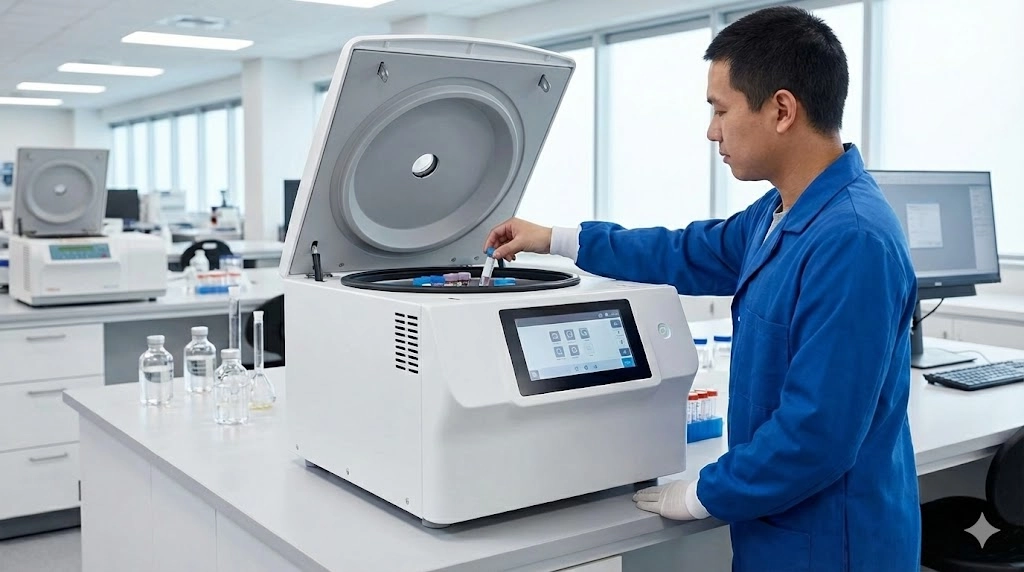
Quick Summary Box
Thermo Scientific Sorvall X4 Pro – Thermo Fisher Scientific
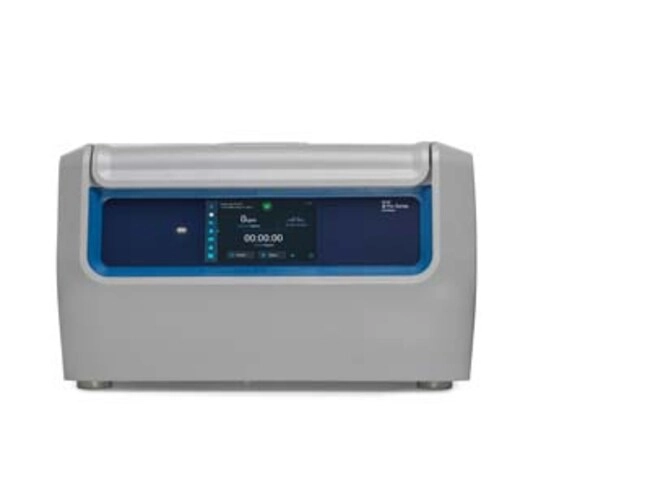
Ohaus Frontier 5718 Multi Pro – Ohaus Corporation
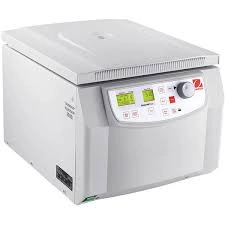
Beckman Coulter Avanti JXN-30 – Beckman Coulter
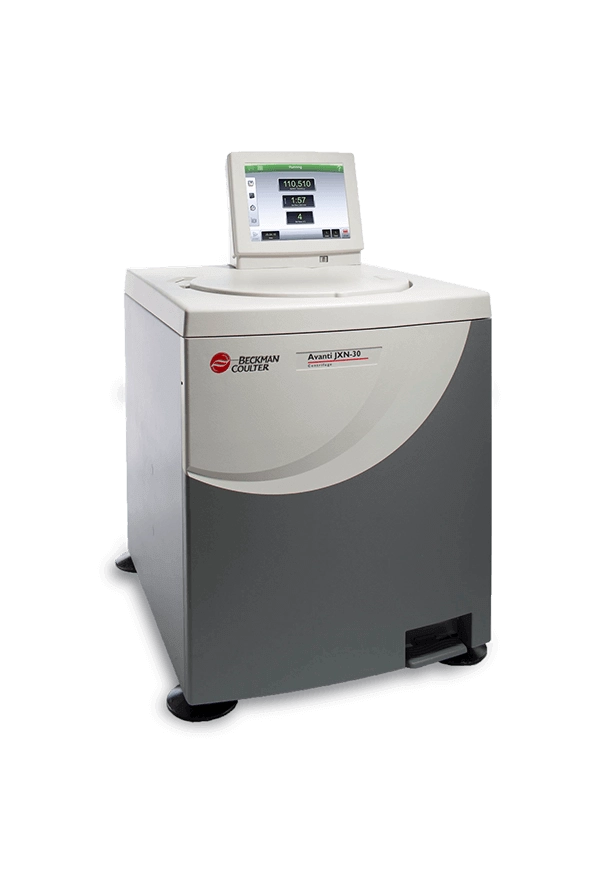
Eppendorf 5910 Ri – Eppendorf
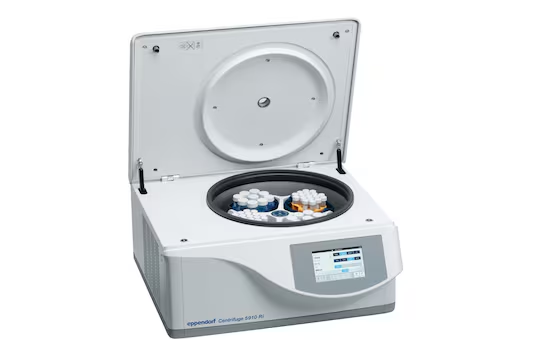
Meling Biomedical CT-G185R – Meling Biomedical
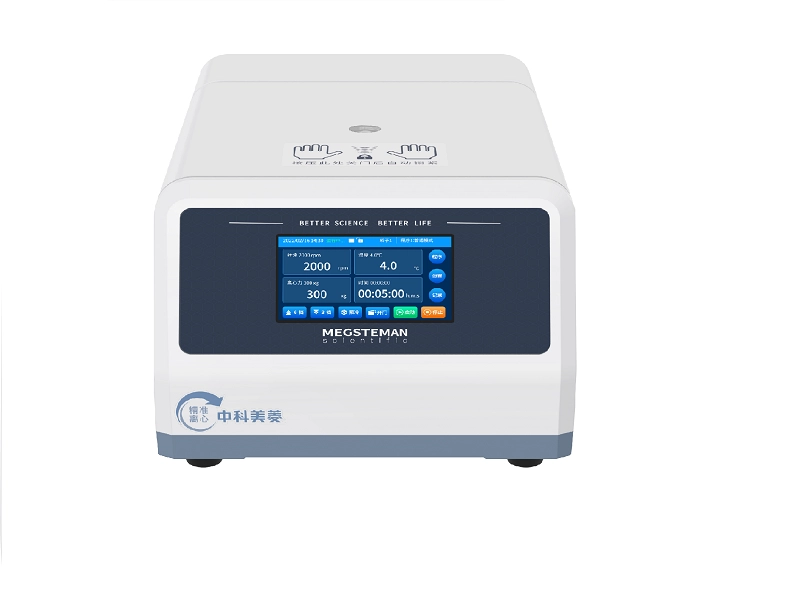
Comparison Table
Conclusion: Selecting the Best Centrifuges of 2026
